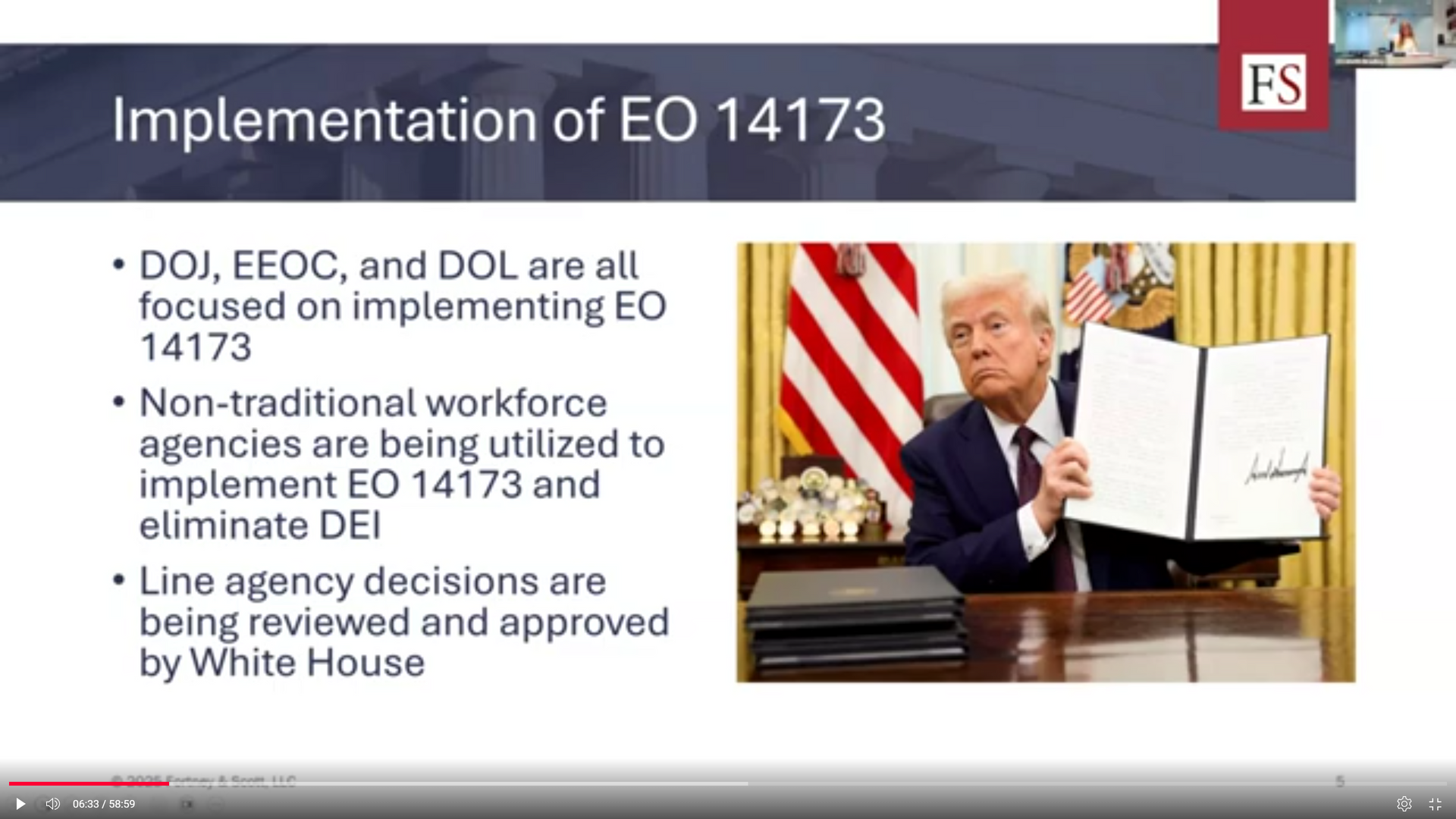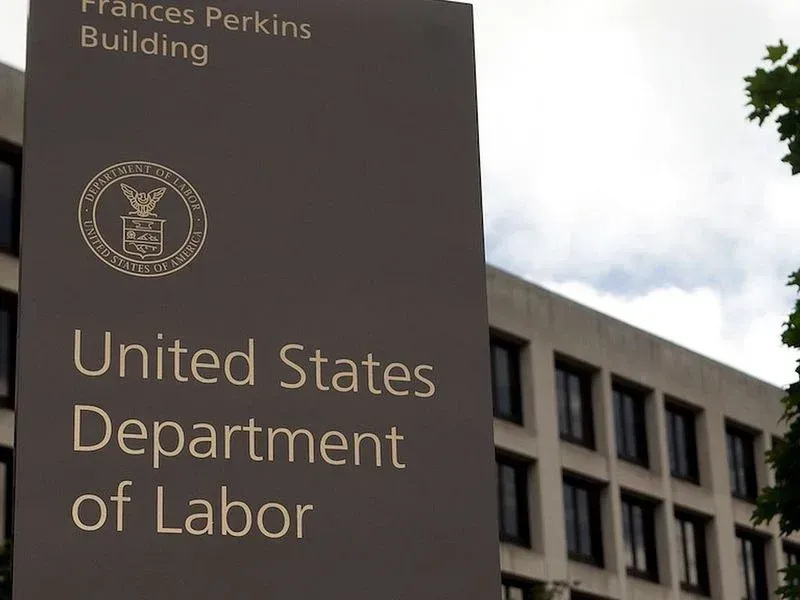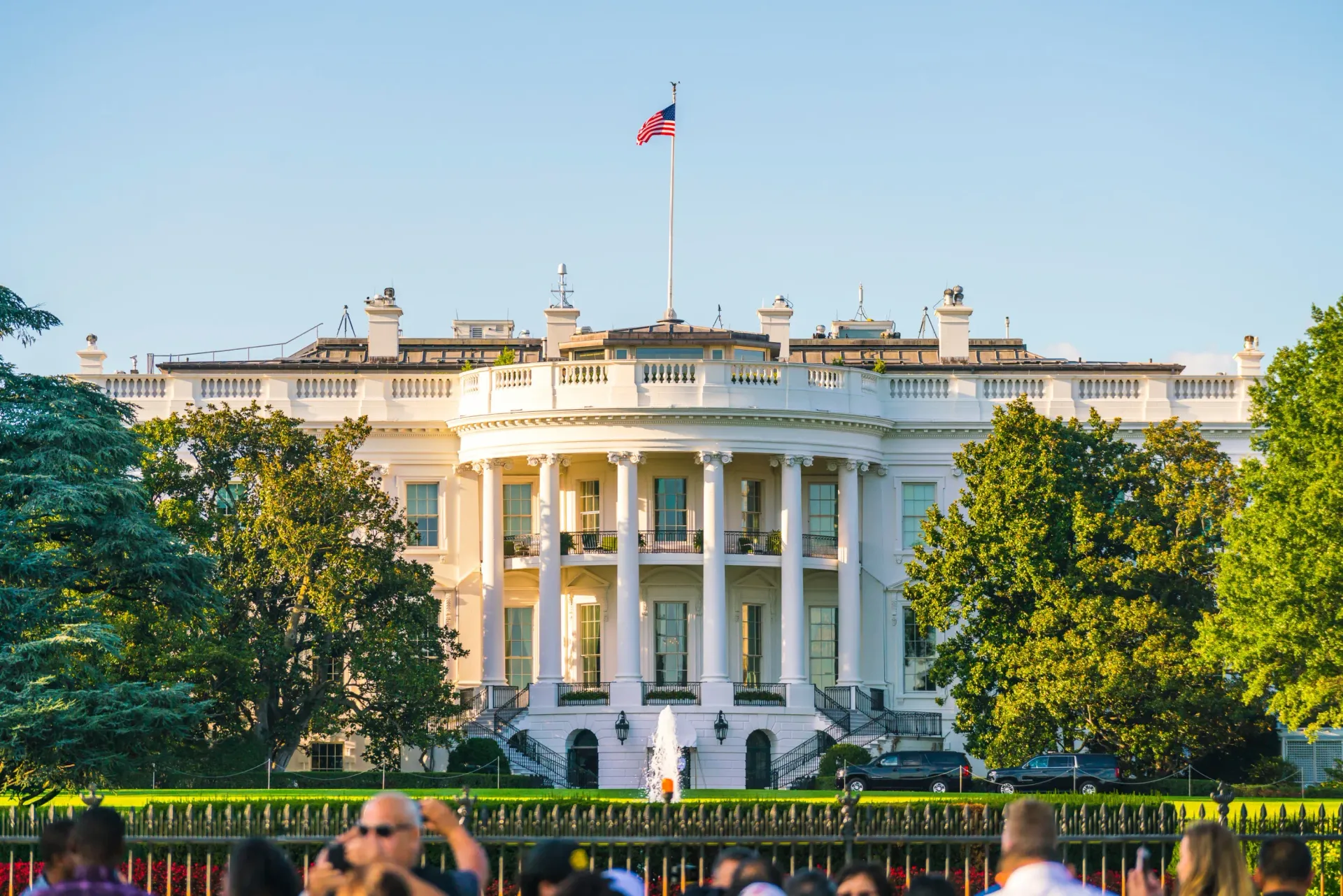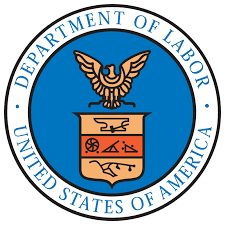EEOC to Collect Employee Compensation through EEO-1 Report
At the White House on January 29, 2016, the Equal Employment Opportunity Commission (EEOC) announced a proposed revision to the EEO-1 report to provide pay data collection. The EEOC also posted Q&As. The proposed rule will revise the current EEO-1 report to add the reporting of compensation and hours worked data by pay bands within the EEO-1 categories for employers who have 100 or more employees beginning with the 2017 report. All federal contractors that have between 50 and 99 employees will continue to file the currently approved report EEO-1 report.
The proposed rule was published in the Federal Register on Monday, February 1, 2016 for a 60 day comment period ending on April 1, 2016. 81 Fed. Reg. 5113 (Feb. 1, 2016.) In addition, because the changes will amend the EEO-1 report, the EEOC will hold a public hearing at a time and date to be determined.
Specifically, the proposed changes to the EEO-1 report will require the reporting of W-2 compensation data and hours worked to the information currently reported. The pay data will be reported in 12 pay bands which are the same pay intervals used by Bureau of Labor Statistics in its Occupational Employment Statistics (OES) survey. As to the use of pay bands, the EEOC is following the model of its EEO-4 report for state and local governments that collects pay data from those employers in pay bands. Unlike OFCCP’s proposed Equal Pay Report, the EEOC will have employers use the previous 12 months of W-2 compensation data when the report is due on or before September 30th.
The EEOC’s proposed changes are similar to the OFCCP’s proposed Equal Pay Report that included the collection of total hours worked by employees by EEO-1 pay band. In explaining the current proposal, the EEOC stated that it is not asking employers to collect hours on salaried or exempt employees but would like comments on whether 40 hours should be used for all salaried workers.
If you are interested in having FortneyScott prepare comments for filing on your behalf, please contact your FortneyScott attorney.


















